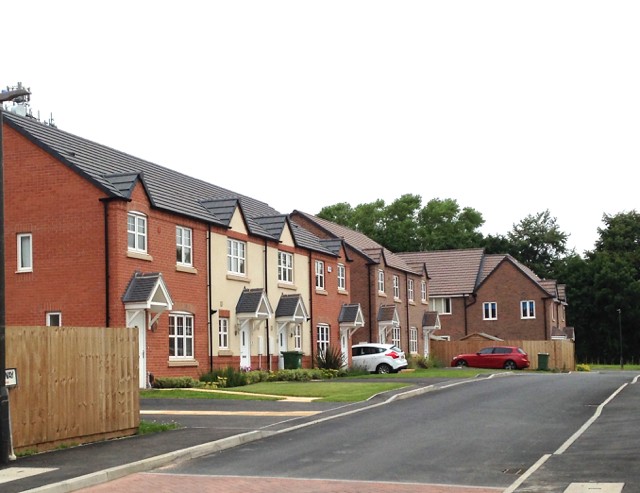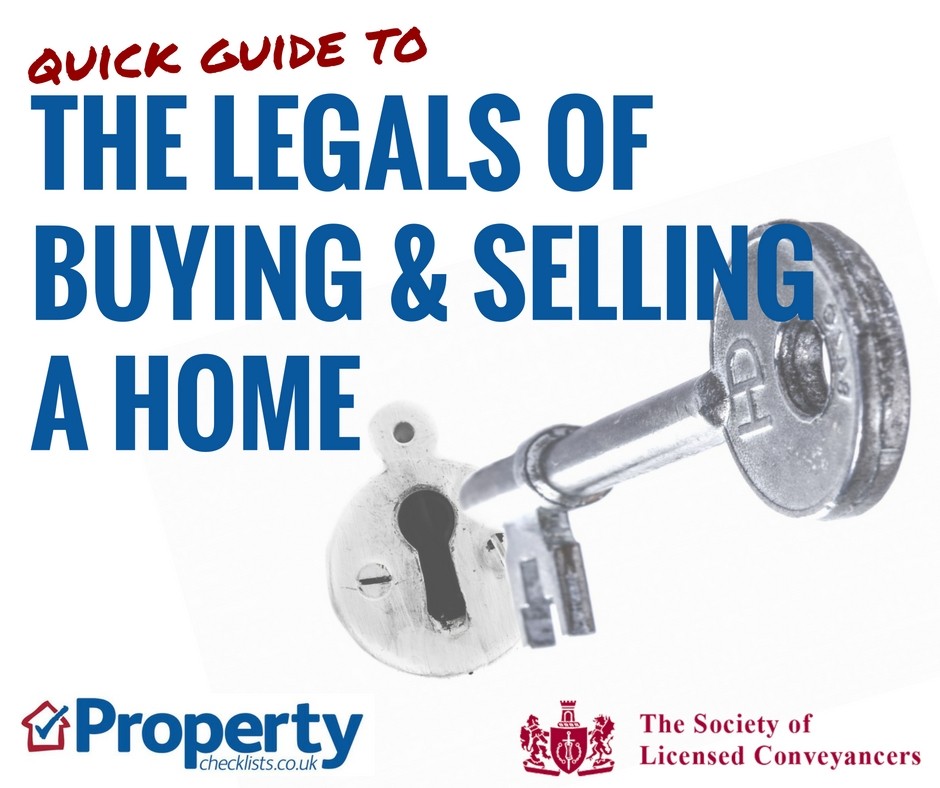
Well, if you listen to the mainstream media – especially The Telegraph – you would think the property market is going to crash and burn this year.
Sadly, headlines of property price crashes do help generate lots of views for the media, so it’s inevitable that a slight ‘whiff’ of some price falls and some of them go wild, unfortunately at the expense of good informative reporting.
The issue is that forecasting the property market for 2023 is extremely difficult, and the only honest answer we can give is that we really don’t know what’s going to happen and that’s because we have an extremely unusual set of circumstances we have never seen before.
Jump to:
What's different about the property market in this recession?
What are the forecasts for 2023?
National average property price forecasts
Regional property price forecasts
Should the market impact on your purchase or sale this year?
Critical thoughts for buying this year
When will we know what’s happening in 2023?
Since Brexit, there has been talk of property prices falling and indeed, some of the forecasters have been right – as long as you restrict your geography to some parts of London and Aberdeen!
Source: Land Registry
Source: Land Registry
As you can see, Aberdeen prices for both flats and houses have been falling since 2015, while in London, for some, prices started to flatline and for some, have fallen since 2017.
Elsewhere however, property prices and indeed rents for many have been rising pretty rapidly, but there is a big difference between prices rising and prices recovering and, in the main, I and others think that property prices during the pandemic recovered to where they should have been – and therefore we haven’t necessarily seen a ‘boom’ which you would typically do before property prices crashed.
Here’s a summary of what’s different with the property market versus previous economic and property crashes:
So, in theory, with such a high level of equity and people not – again in theory – over borrowing in the run up to this recession and with the addition of there not necessarily being an unsustainable ‘boom’ in the first place, there shouldn’t be the huge numbers of repossessions that we saw back in the 1990s and indeed during the credit crunch (2008).
But and it’s a big but, we have these economic issues which could mean that any of the positives of the property market are overridden by the negativity of the economy:
So there are two schools of thought on what will happen to property prices this year:-
Whatever does happen I can guarantee that these falls will be inaccurate for buyers and sellers and homeowners. The reason being is that there isn’t, in my view, an ‘average’ property anymore. Property prices are falling, rising and staying the same in many areas across the country.
A good example of this is the huge difference between the rises – and falls – of flats versus houses, and it’s no surprise that this typically links with First Time Buyers versus upsizers and downsizers. Flat price inflation is not anywhere near as high as house prices, and indeed, as the chart shows above, flats also fall in price far more than houses and this is all related, in my view, to supply and demand as well as equity levels.
Capital Economics: -12%
CEBR: -8-10%
Savills: -10%
Halifax: -8%
Knight Frank: -5-6%
Zoopla (if mortgage rates settle at around 4%): -5%
Five year forecasts are still positive – although lower than previously predicted
On average, going back to 2000, there are 1.2 million moves a year. Over the last few years, we have many homes in excess of this, so if we do achieve around 900,000 sales in 2023, the average over the last three years, would be the ‘norm’ of 1.2 million.
Source: Savills
Not in my view. If you are a property investor which cash, then buying land, properties at a discount or ones to do up and have a long term view, then this year is probably the right time to buy as long as you don’t over extend yourself.
However, if you are buying your first home or trading up, buying in a slower paced market with less demand can mean you can purchase at a better deal. And if you are trading down, you are likely to have made a decent amount of money on your home, so it’s more about finding a home that works for you rather than worrying too much about the price you pay.
Personally, I overpaid for my mum’s last house and I don’t regret doing it. She was happy there and, in the end, the value went up to cover it anyway as she was there for eight years.
The problem buying this year though isn’t the price issue – it’s more what you do mortgage wise. Up until September 2021, it was a fab time to buy as rates were so low and even 10 year fixed rates could be locked in at amazingly low deals.
Now though mortgage and interest rates are in a state of flux and although we all obsess about property prices, actually the ‘cost of buying’ is far more useful and indeed should be talked about a lot more.
The big issue buying this year is that interest rates are higher than expected currently due to the efforts to combat inflation. They are expected to come down towards the end of 2024, but with the mayhem we’ve seen going back a few years, who knows what will happen next!
So the downside of buying now is the higher interest rates and gambling on whether you buy a property with a fixed rate which might fall or a variable rate that is forecast to fall in a couple of years’ time, but might not!
If you are cash rich and don’t have to worry about mortgages, go for it if you find the property you want or bag a great deal.
If you are thinking of buying, then speak to a broker and make sure you can afford a property on the ‘new’ rates we are now seeing.
Find a property you can afford now and in the future if costs don’t come down, especially if you are a first time buyer with a high-ish loan to value. It’s probably not the year to overstretch yourself.
The other issue buyers need to think through, especially if renting, is that the rental market is in a much worst state then ownership. There are so little properties available for rent versus supply and this will only get worse this year.
So, it might be worth getting on the ladder to ensure you leave the private rented sector which is not – thanks to successive government ‘anti landlord’ strategies – going to be stable over the next few years.
It’s likely that it will take to the end of Q1 to collate enough data from across the country to have an understanding of what’s happening this year. And then it’ll take until the end of April/mid May to secure the data we need, so I am afraid it will be a few months yet before we can honestly say what’s happening.
We are keen to secure individual feedback from people ‘on the ground’ as to what is happening, over the next few months in particular.
Visit our Forum to let us know what’s happening in your local market! Are you finding it easy or difficult to sell? Easy or difficult to afford a home?
| Advantages of a new build property - Barratt London |
How to run in your new property - LABC |
The legals of buying & selling a home - The Society of Licensed Conveyancers |
 |
 |
 |